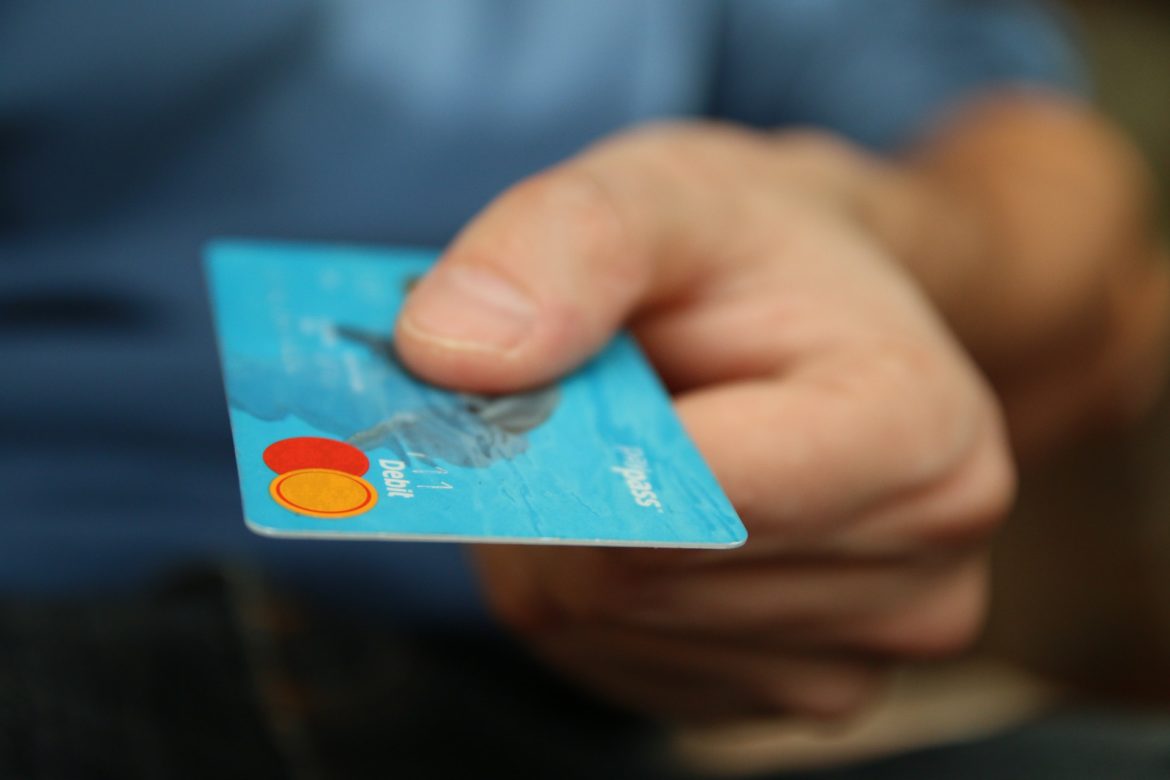Although credit cards are a common financial tool, not everyone knows how to use their cards the proper way. Making mistakes like choosing the wrong type of credit card, carrying an outstanding balance, and not paying the minimum due amount, can land you in serious financial trouble. So, how do you avoid this? Well, keeping the below-mentioned points in mind can help you avoid many of the pitfalls associated with credit cards.
Choose the right type of card
There are various types of cards such as reward cards, student credit cards, low-interest credit cards, balance transfer cards, etc. Picking the right type of card is half the battle. For instance, if you know you’ll have to carry an outstanding balance on your card, it’s best to opt for a low-interest credit card.
Check the fees
While you should certainly compare the interest rate and the perks offered by different cards, it’s also important to check the various fees that you will need to pay. Make sure to evaluate whether the benefits you will get through a card offsets the cost.
Compare credit cards
Before picking a particular credit card, it’s important to compare a few different cards in the same category. This will give you an idea of what features and benefits you can expect and how much you will likely have to pay for a card.
Manage your credit limit
Your credit limit is the limit up to which you can charge expenses to your card. It is decided based on your income, credit history, and the type of card you applied for. It’s important to always stay within the credit limit to keep your credit score in good standing and avoid penalties.
Check your bill statements
Checking your credit card statements every month can help protect your account against fraud. If you notice any discrepancies in your credit card statement, make sure to dispute the charges with your creditor.
Most importantly, if you have credit cards, you should, ideally, pay off the entire amount that is due at the end of the month. Remember that any unpaid amount will be charged the applicable interest rate and will make your debt more expensive over time.

